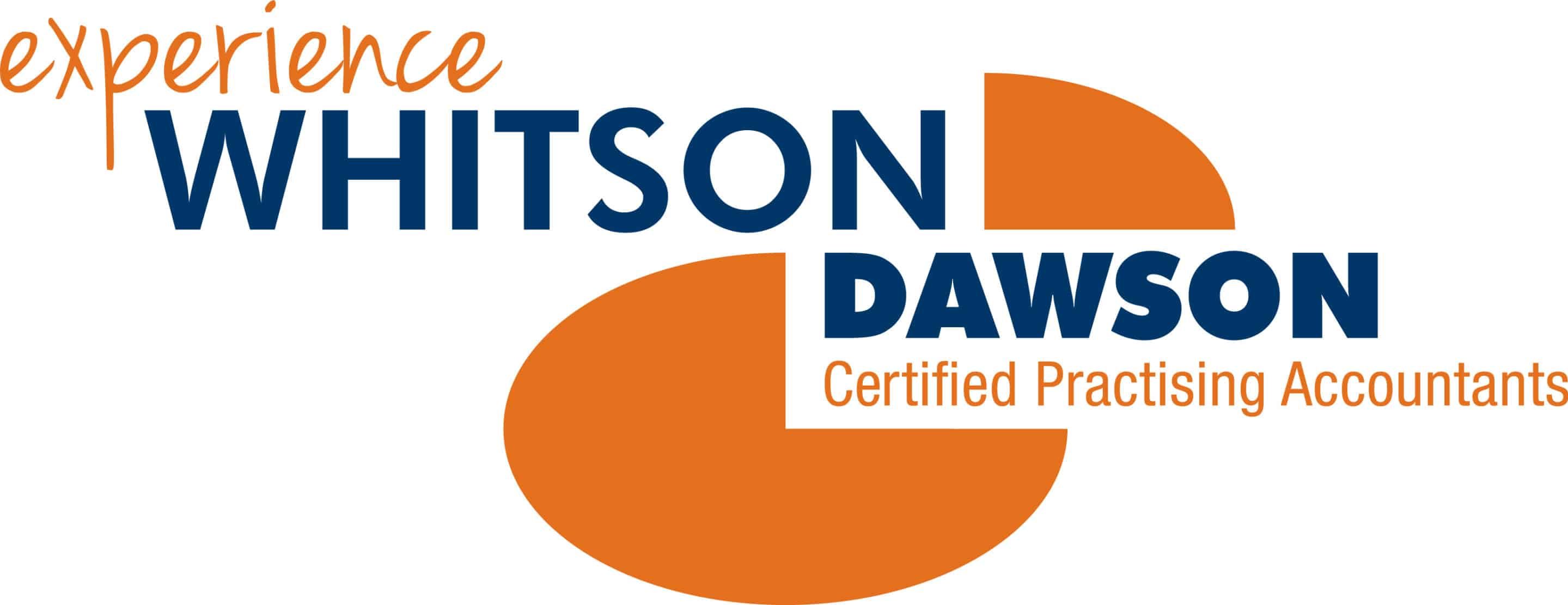In today’s fast-paced business environment, the financial health of a company is important. The intricacies of financial transactions can often obscure discrepancies that might indicate fraudulent activities. This is where a bookkeeper can be helpful. By meticulously managing and reviewing financial records, a bookkeeper can play a crucial role in keeping your finances in check and in safeguarding your business against potential fraud. This blog explores the various facets of a bookkeeper’s role in fraud prevention, highlighting the vital measures they implement to keep your business financially secure.
Detecting Anomalies in Financial Records
Bookkeepers can play a crucial role in reviewing financial transactions to spot irregularities and potential fraud. Their attention to detail helps in identification of discrepancies that might indicate fraudulent activities. Regular reconciliations form a key part of this process. By comparing internal financial records with external statements from banks and suppliers, bookkeepers can uncover inconsistencies that may require further examination:
- Regular Reconciliations: Comparing transactions to help ensure each one aligns with corresponding records.
- Detailed Transaction Analysis: Examining each financial entry to detect anomalies.
- Pattern Recognition: Observing patterns to notice deviations from typical business operations.
Implementing Internal Controls and Procedures
Effective bookkeeping goes beyond mere recording—it includes setting up robust internal controls designed to prevent fraud. By establishing and maintaining comprehensive controls, bookkeepers can systematically review every financial transaction. This process typically involves:
- Segregation of duties to distribute responsibilities and reduce the risk of misconduct.
- Regular audits and checks to enhance transparency.
- Secure and limited access to financial systems to safeguard sensitive data.
Collaboration with Auditors and Legal Teams
Effective financial scrutiny often depends on the collaboration among bookkeepers, auditors and legal teams. Bookkeepers can supply the necessary documentation and insights that auditors and legal professionals require for thorough audits and investigations.
The detailed understanding bookkeepers have of a company’s financial operations can be important during these reviews. This type of collaboration can help identify potential irregularities and contribute to maintaining financial practices that comply with legal standards.
Accurate and Timely Reporting
Accurate and timely financial reporting can be critical in identifying and mitigating potential fraudulent activities. Bookkeepers aim to provide financial reports that are precise and delivered promptly, which can support transparency and accountability within the business:
- Precision in Reporting: Striving for accuracy in all figures to accurately reflect the business’s financial state.
- Timeliness: Working to submit reports promptly to keep financial information current, helping effective decision-making.
- Transparency: Aiming to provide clear and comprehensive reports that can provide an honest view of the business’s financial health.
Connect with Our Team for Bookkeeping in Mackay
Navigating business finances requires diligence and expertise. A bookkeeper can provide essential support against potential financial mismanagement, helping to maintain a robust foundation for your business’s future.
At Whitson Dawson, we recognise the challenges business owners in Mackay encounter in managing their financial records accurately and securely. Our accountants and bookkeepers aim to enhance the transparency and security of your financial operations. Get in touch with us to learn more about bookkeeping and accounting in Mackay.







Recent Comments